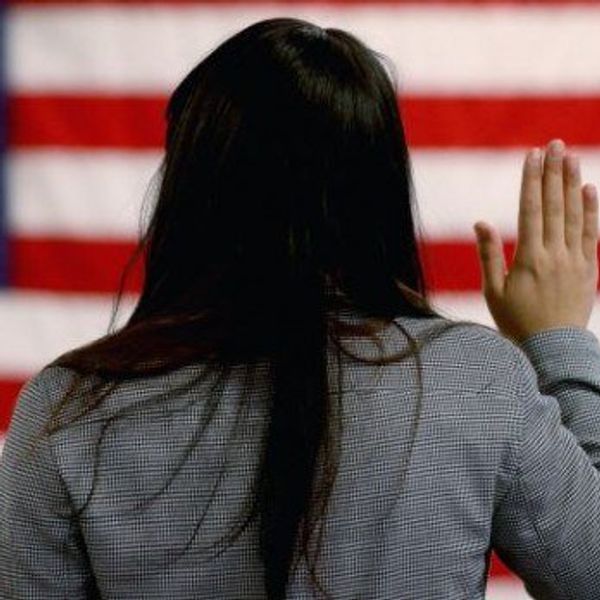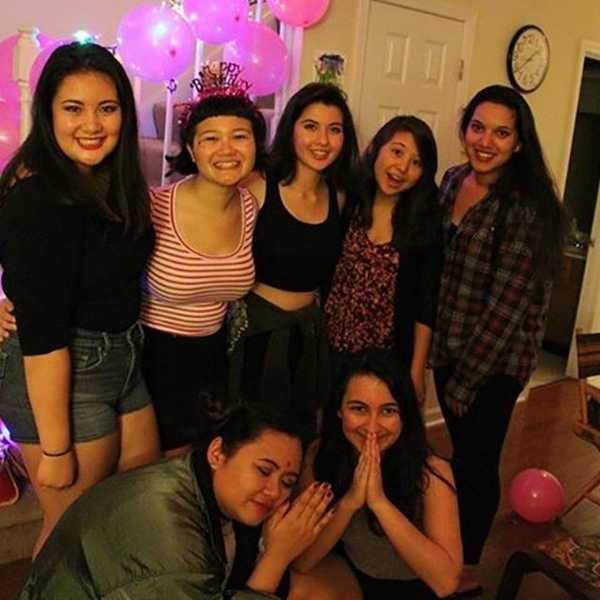I am white. I say this not only with definitive certainty but also with an awareness of my privilege. My race affords me opportunities I don’t think about because of the white-identity model Americans are told to fit.
In the past few months, the glaring reflection of my white skin is a societal smack in the face, one I cannot ignore. Ask someone to describe him or herself. If I had to reply, I’d say “tea addict,” “loving,” or “adventurous”. A white person does not say white because race culturally does not consciously define our identity. When I cut myself or someone “burns” me, my band-aid generally matches the color of my skin. Joseph Barndt, author of “Setting the White Man Free” writes about the unavoidable consequences of growing up in a white society:
“The term ‘white racist’ does not apply only to the bigot who consciously expresses his hatred toward black people and other minorities. It applies to all of us and means that all of us – whether we personally desire it or not – are part of a society and culture that continually and systematically subordinates its minority populations…we are imprisoned within a society of structured racism.”
America is founded on privilege—we stripped the indigenous people of their land and then enslaved others to build the acreage. Turn time further back, location: Eastern Africa. The Swahili culture residing on the shore was widely influenced by the Indian Ocean trade winds, resulting in the mingling of ethnic groups. Many Swahili identified themselves not as black or African, but as Arabs because the group held higher social standing. Nonwhite people are grouped into a subconscious hierarchal order, which is continued in oppressed tones. Hues of racism in all forms are like an institutional disease, passed down from generation to generation like diabetes and heart disease.
So what gives? Where does this struggle for rights, freedom, equality, a voice begin or better yet end? I used to think the solution was to look at everyone under an umbrella of humanity. In recent, I have found such a generalization, although true, actually contributes to the problem. By saying we are all human, and that is that I am taking away the rich cultural identity and background of each individual before me. In the process of looping all individuals together, I am drowning out the good in that race.
A person shouldn’t have to explain their background, to clarify their experiences. As a white person, I don’t have to do so because my race is the accepted one. I don’t wake up on the daily and think how my whiteness will affect me. Yet, nonwhites have to explain every day, in some form or the other. Many argue children are blind to race, a product of Dr. King’s dream, and on the forefront, I would agree.
Humans are recipes of character, not color, but doesn’t our color, no our cultural identity, flavor the character? What’s the difference between a child and an adult when talking about race? At what boundary does innocence in the form of curious inquiries turn into either outspoken or subtle maledictions? Race isn’t talked about, and children pick that up in the same way we learn to hold doors for people—the unspoken micro-expressions are louder. We want to change racism, but how can we change the very word viewed as a taboo? If not talking about these issues in an open dialogue isn’t the answer, then what is?
As children of the millennium, I think we are called to a greater good, a greater discussion. The injustices of race order require attention that extends beyond the typical black v. white stance, a reason why I say nonwhite. Think of how economics and social standing take part. Why are minorities still living in the impoverished communities? Notably, the gap between the lower class and the upper class is widening. I claim, while I clearly am writing about race, I also am analyzing classes and positions of power. It's a lack of opportunities, not natural differences, responsible for continuing inequality. Wealth, more than any other measure, shows the accumulated impact of past discrimination.
What is more, the call to recognize privilege is stronger than ever as we are imposed with many social media images. A black man plummeted to the ground by enforcement, yet a white man that has just shot six people is police escorted to a car? Where is the equality there?
As white people, we cannot be ostriches burying our heads in the sand in the sand. Hate groups are still operating; violent offenses still occur; the people, the police, courts and prison system are responsible for race-based harassment and brutality. We lack respect for the historical past, the current present, and the changed future to talk about race.
I am white. In saying so, I am acknowledging my ignorance. I forfeit any understanding I think I might have for nonwhites. But I don’t surrender my right and willingness to discuss. Rian Falcon, a fellow peer, told me, “Once you are conscious, you cannot become unconscious.” Her words resonate with me today. I am aware; part of being aware is speaking against the racial slurs, the derogatory language, and the hushed tones. Maybe I am naïve, but I wish to spread my love to humanity. I offer this piece to those attempting the same. Being conscious weighs heavily on my mind. Let’s talk.





















